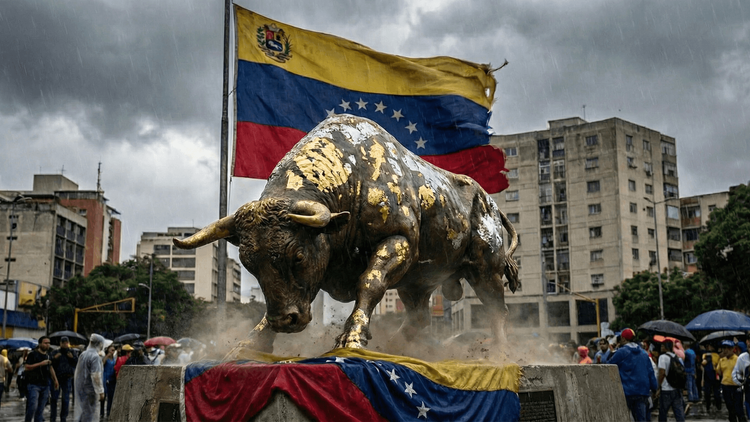Stocks, Sage & Succession: Warren Buffett’s Last Trade
Warren Buffett hands over the reins of Berkshire Hathaway to Greg Abel, ushering in a new era for one of America’s most iconic companies—but the Oracle isn’t disappearing just yet.

In a move that reverberated from Omaha to Wall Street, Warren Buffett, the 94-year-old sage of investing, dropped a bombshell that was less a surprise and more a long-awaited coronation: “The time has arrived.” With those four words, the Oracle of Omaha confirmed he’s stepping down as CEO of Berkshire Hathaway, passing the reins to Greg Abel in a transition as meticulously planned as one of Buffett’s legendary stock picks. The unanimous board vote over the weekend wasn’t just a formality—it was the closing bell on an era and the opening salvo of a new one.
Let’s be clear: Buffett isn’t just a CEO. He’s a cultural artifact, a walking masterclass in wealth creation, discipline, and folksy wisdom. Since 1970, he’s transformed Berkshire from a wheezing textile outfit into a $900 billion juggernaut, a sprawling empire of railroads, insurers, and blue-chip stocks like Apple and Coca-Cola. His annual shareholder letters are gospel; his yearly Woodstock of Capitalism in Omaha, a pilgrimage. So, when Buffett says it’s time to go, it’s not a retirement—it’s a tectonic shift.
Enter Greg Abel, Berkshire’s Vice Chairman of non-insurance operations, anointed as successor since 2021. Abel isn’t just stepping into a corner office; he’s inheriting a legacy that’s equal parts financial fortress and philosophical framework. Buffett, alongside his late consigliere Charlie Munger, didn’t just build a company—they crafted a doctrine. Value investing. Radical trust. No bureaucracy. No ego. It’s a model that laughs in the face of modern corporate dogma, with its armies of consultants and PR flacks. Berkshire? It’s a lean machine, fueled by autonomy and an almost monastic commitment to doing things right.






